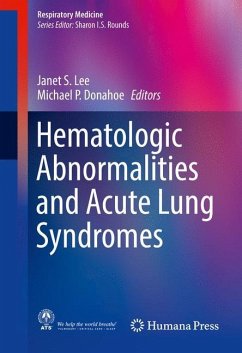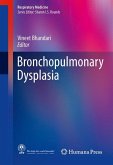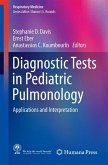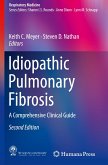This book provides a unique frame work for examining acute lung syndromes that arise from hematologic disorders or is defined by a hematologic abnormality as a key feature. Acute lung processes arising from hematologic disorders can present as life-threatening conditions, and as such, the pulmonary physician or critical care physician are often directly involved in care or called upon to provide expertise. Chapters are organized into three sections, each with an emphasis on pathogenesis and current understanding of mechanisms. The text begins with the central theme of the lungs as the direct interface between the external environment and blood, description of individual components of the hematopoietic system, their function and relevance to the lungs. The second section outlines both benign and malignant primary hematologic disorders that can lead to acute pulmonary manifestations. The final section focuses on acute lung syndromes stemming from complications of transfusion and treatment. Chapters are presented in an easy-to-access format, providing information on diagnosis, management, and outcomes. This is a valuable resource for pulmonary fellows in training, pulmonologists, critical care physicians, and physicians involved in caring for patients in the ICU.
"This monograph is devoted to the presentation of pulmonary manifestations of hematologic disorders. ... Senior critical care trainees, pulmonologists, intensivists, and hematologists are an appropriate audience. ... This book brings a unique and effective combination of pulmonary and hematology expertise to bear on pulmonary manifestations of blood disorders. Chapters are brief, detailed and readable. Medical intensivists, in particular, will find this work helpful." (David J. Dries, Doody's Book Reviews, April, 2017)








